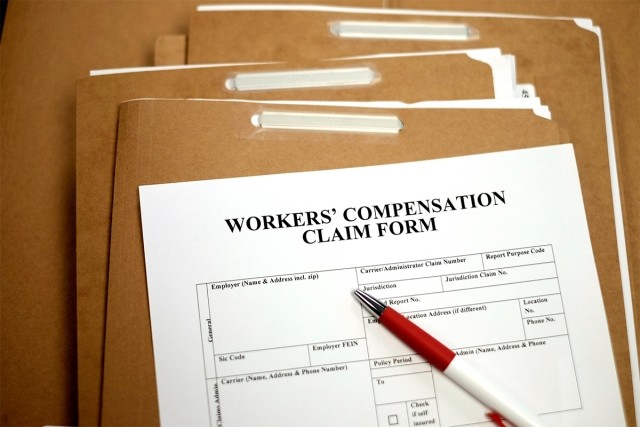Blog
Ebola: A new workers' compensation issue?
In this episode of The Claim Advocate, guest blogger Barbara Davis will be discussing Ebola cases in the U.S. as they relate to workers' compensation. Barbara is a Vice President in Woodruff Sawyer's Technology practice.
Recent reports about the spread of Ebola in the United States and other parts of the world raise risk management questions for businesses. The safety and protection of public facing employees in retail, hospitality and healthcare is critical. And, many other businesses face exposures arising out of travel.
This is a great time to review healthcare benefits and business travel accident insurance programs for coverage. Workers' Compensation may be applicable as well.
Workers’ compensation policies cover both industrial injury and illness. However, substantiating an illness claim can be challenging. Two requirements must be met:
- the illness or disease must arise out of the course and scope of employment; and
- the illness or disease must be caused by conditions “peculiar” to the work. (e.g. It cannot be one that the public is equally exposed to outside of employment.) Workers’ compensation policies are intended to cover illnesses related to work, not those to which the general public is exposed.
A nurse who works in a hospital where infectious diseases are treated would likely be found with a compensable diagnosis. Compensability would be determined by establishing that the illness both arose out of and in the course of the employment, and, it was caused by or in the course of performing nursing duties.
A salesperson contracting the disease while traveling on business may have a compensable claim if it can be demonstrated that the travel subjected him/her to a risk of exposure greater than the risk faced by the general public.
Domestic workers’ compensation coverage extends to U.S. employees traveling in the U.S., and while on short term trips outside of the U.S. Businesses with overseas travel exposures generally maintain a separate Foreign Voluntary Workers Compensation (FVWC) policy in addition to their domestic coverage. Such policies provide coverage for endemic diseases (diseases which are restricted to a specific region), in addition to industrial illness. They also provide repatriation benefits in the event that an afflicted employee must be transported home or to another location for treatment.
Regardless of the situation, every potential claim should be evaluated carefully based upon its own fact pattern. Consult with your risk management partners and engage them in an open dialogue about the potential scenarios that could impact your workforce and appropriate measures to be taken when an accident or illness occurs.
What to do:
- Consult the CDC website for more specific information on the spread of the disease and recommended precautions
- Avoid non-essential travel to high risk countries
- Be aware of developments with regard to the spread of the virus
- If an employee believes they may have been exposed to the virus, they should seek immediate medical attention
- Consult with your risk management team with regard to next steps and reporting potential claims
General Information about Ebola
Author
Table of Contents













